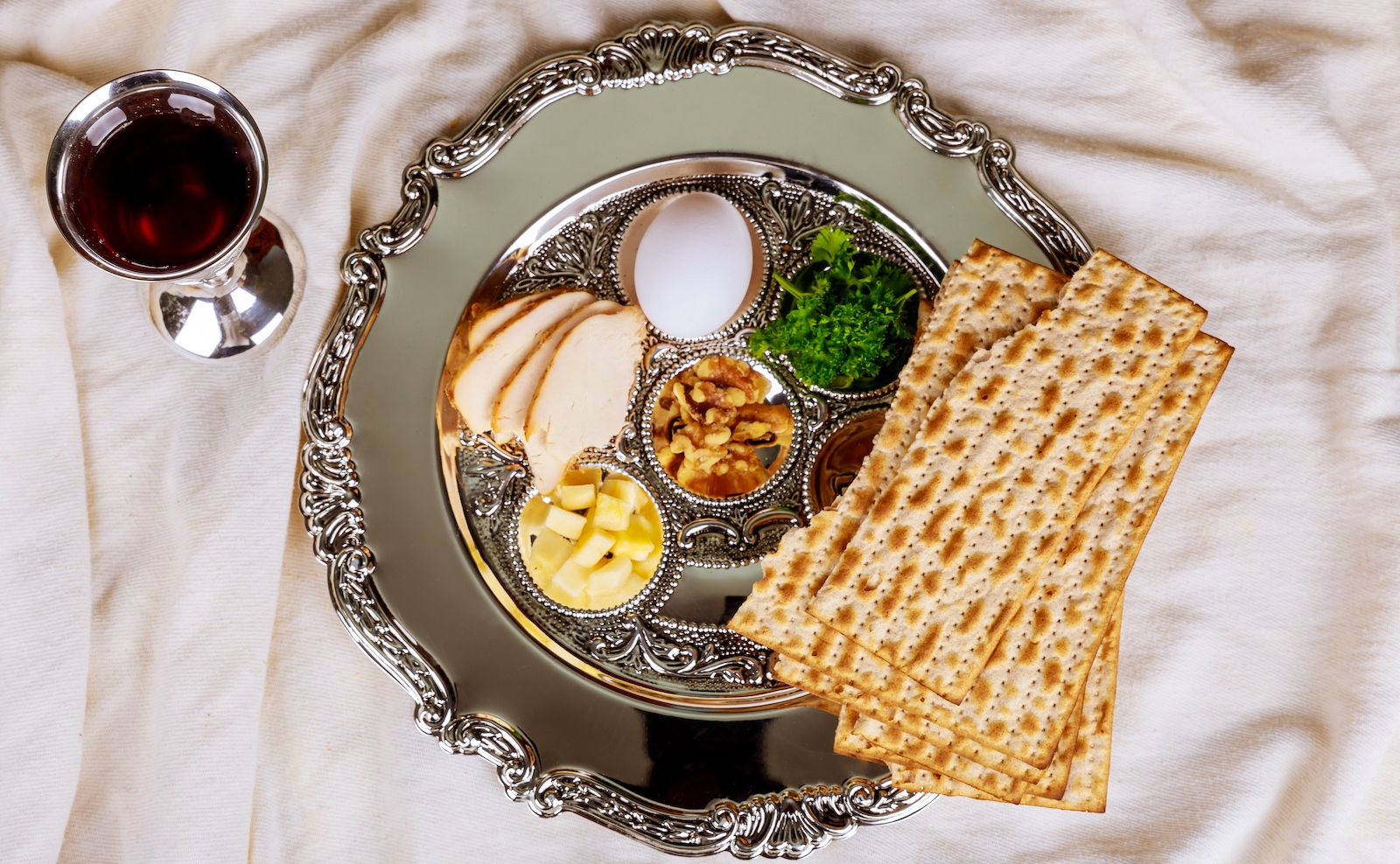[[data.name.value]]
[[metadata.defaultData.name]]
[[data.title.value]],
[[metadata.defaultData.title]],
[[data.company.value]]
[[metadata.defaultData.company]]

Why Is Passover One of the Most Important Jewish Holidays?
Passover is a holiday spans eight days and involves a series of rituals, prayers, and symbolic foods that connect Jewish people to their heritage. Understanding why Passover holds such importance requires a closer look at its historical roots, religious significance, and the traditions that have been passed down through generations.

Significance of Passover in the Jewish Community
Historical Roots of Passover
Passover commemorates the liberation of the Israelites from slavery in ancient Egypt. According to the Torah, the Israelites had been enslaved for centuries, enduring harsh conditions under the Pharaoh’s rule. The story of their escape begins with Moses, who was chosen by God to lead the Israelites to freedom. After a series of plagues that struck Egypt, the final plague—death of the firstborn—compelled the Pharaoh to release the Israelites.
The name "Passover" comes from the event where God “passed over” the houses of the Israelites, sparing them from the final plague. The Israelites marked their doorposts with lamb's blood as a sign for God to pass over their homes. This act of divine intervention is a central theme of Passover, symbolizing both the suffering endured by the Israelites and their ultimate redemption.
Religious Significance
Passover is more than a historical commemoration; it is a deeply spiritual event that reaffirms Jewish faith and identity. The Exodus is seen as the defining moment when the Israelites were chosen by God as His people. It is also a time of reflection on the themes of freedom, justice, and faith. The story of the Exodus is recounted during the Seder, a ceremonial meal held on the first two nights of Passover.
The Seder is a structured ritual filled with symbolism. The Haggadah, a text read during the Seder, narrates the story of the Exodus and includes prayers, songs, and discussions. Each food item on the Seder plate has a specific meaning.
Traditions and Customs
The customs of Passover in the USA are rich in symbolism and are observed with great care. One of the most well-known customs is the removal of chametz, or leavened products, from the home. This is a reflection of the Israelites’ journey, where they left Egypt so quickly that they could not wait for their bread to rise. Before Passover begins, Jewish families thoroughly clean their homes to eliminate any traces of chametz. This practice is not just a physical act but also a spiritual one, symbolizing the removal of arrogance and pride from one’s life.
The Seder meal itself is a focal point of Passover. It is a time for families to gather, recount the story of the Exodus, and partake in the symbolic foods that represent different aspects of the story. The Seder is highly interactive, with questions and answers playing a key role, particularly in engaging the younger members of the family.
Passover's Enduring Importance
Passover has remained a cornerstone of Jewish identity for thousands of years. Its themes of freedom, redemption, and faith resonate deeply within Jewish communities around the world. The rituals and traditions of Passover not only honor the past but also reinforce values that are central to Jewish life. By observing Passover, Jewish people connect with their ancestors' experiences, reaffirm their faith, and pass on these teachings to future generations.
Conclusion
Passover is a holiday rich in history, religious significance, and tradition. It serves as a powerful reminder of the struggles faced by the Israelites and their eventual liberation. Through the observance of Passover, Jewish people continue to honor their heritage, embrace their faith, and instill these values in their families and communities.